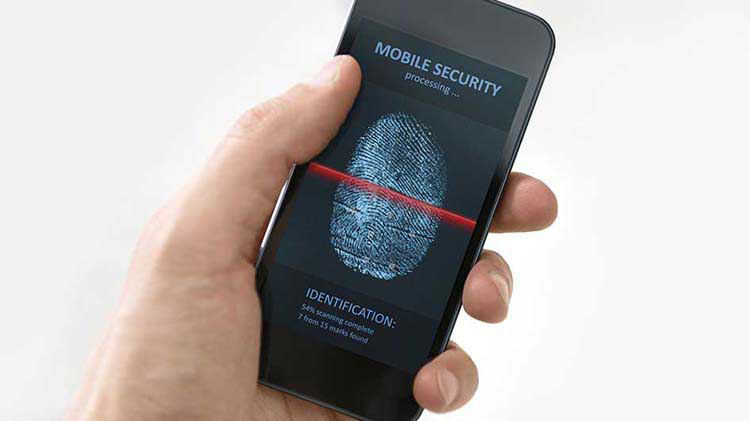Four tips to improve security when working from home
Millions of Americans are working from home in the wake of the coronavirus outbreak, and bad actors are trying to take advantage of these changes. The FBI issued a warning and tips to help protect yourself and your business from falling for their tricks and hacks.
1. Keep a close eye on email
Phishing continues to be the largest threat to security, so the FBI suggests you closely scrutinize emails, especially those that are unsolicited, create a sense of urgency, invoke strong emotions or request sensitive information. Don't open attachments or click links within emails from senders you do not recognize.
2. Change pre-set passwords
Your router is your home's front door to the internet, so make sure it's secured with a strong password. The first way you can secure your home network is by changing its pre-set password to a strong password and using encryption so hackers can't read information you send.
Devices connected to your home network are also a target. The average home receives five attempted attacks per device per day via smart home networks, according to SAM Seamless Networks. Nearly half of those target home security cameras because many people use default passwords and usernames when adding them to their home network.
3. Use care when downloading software and apps
Unfamiliar video conferencing and chat, productivity tools and games are common targets for bad actors. Select reputable, established vendors and check to see if there are any security concerns. App stores and watchdog groups can't always catch malicious software and apps before they spread. Read ratings and reviews, or scan recent news about apps or software before you click to install.
4. Closely monitor your child's use of technology
The FBI warns bad actors are also exploiting the rapid change to educational technology. Children may not recognize the dangers of downloading new software, visiting unknown websites or communicating with strangers online. Keeping Kids Safer on the Internet and similar resources provide information to help protect children's online safety. The FBI suggests regular internet searches of children's information to see if it's being shared online and considering credit or identity theft monitoring to check for fraudulent use of your child's identity. When creating user profiles for children on new services, consider using initials instead of full names and avoid using exact birthdates or photos.
Prevention is the key to protecting your identity from being stolen and used by criminals. For added protection, insurance companies offer insurance to assist with identity restoration. For example, State Farm® offers Identity Restoration Insurance to make the recovery process easier, faster and less expensive. Contact your State Farm agent today to learn more.





